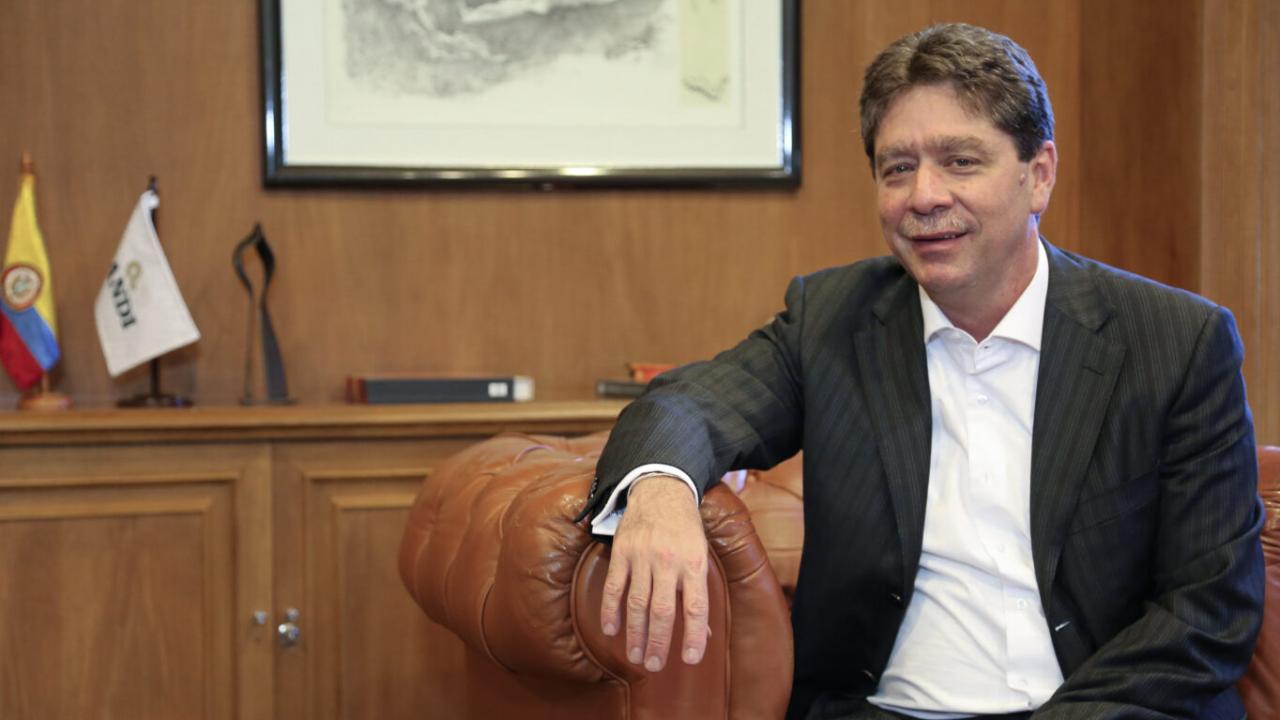
This was one of the first reactions from the Colombian business sector after Donald Trump announced the imposition of tariffs and sanctions against the Latin American country for its initial decision to refuse entry to two planes carrying deported migrants.
Colombian business leaders have asked that "many lessons be learned" and that "very careful" thought be given to how the relationship with the United States will be corrected "from now on," since the North American market is "extremely important" for the Colombian economy.
This was one of the first reactions from the business sector of the coffee-producing country on Monday morning, after the new president of the United States, Donald Trump, announced the imposition of tariffs and sanctions against the Latin American country, for its decision to refuse entry to two planes carrying deported migrants.
Although the Colombian government has finally agreed to accept its nationals who were to be deported this Sunday from the United States and Washington, it has stated that "the fully drafted tariffs and sanctions will remain confidential and will not be signed unless Colombia fails to comply with this agreement."
The favorable resolution of this crisis for Colombia, despite the fact that tensions were high until the last moment, has been positively valued by the president of ANDI (the National Association of Industrialists, the largest business organization in Colombia), Bruce Mac Master, who has highlighted the responsible attitude of the Colombian diplomatic team.
"I want to emphasize that the diplomatic team realized the mistake that Colombia was making," said Mac Master in an interview on Monday morning on W Radio, where he highlighted the costly work that this group has done.
However, he has called for improving relations with the United States, as in the coming months there will be "certain things that one does not agree with," but which must be overlooked in order to maintain close economic cooperation with the North American country.
"Yesterday was an extremely complicated day. (...) We were sending Colombia into the worst of its crises. There is a very important warning about what can happen if we make a mistake and if we are not responsible with the diplomatic situation with the United States, which is not only our greatest ally, but the most powerful country in the world," Mac Master stressed.
For the businessman, the consequences of the imposition of tariffs are "immense", since they would mean losing export revenues of between US$ 3 and 14 million and millions of other jobs.
Furthermore, this hypothetical scenario could have brought "many problems" for the entire Colombian economy, because the dollar would have skyrocketed and debts would have increased, with a "very large" impact on public finances, opening the door to the inability to obtain new financing.
"We were on the verge of taking the plunge. It was like real suicide from an economic point of view. Furthermore, it was incredible that Colombia was inflicting this situation on itself by making bad decisions," the businessman added, with some relief.
NEW MARKETS: A NAIVE STATEMENT
One of the proclamations made by Colombian President Gustavo Petro in response to the imposition of higher tariffs by the United States was that the country would look for other markets in which to sell its exports.
However, for the business sector this is a "naive" statement because it takes decades to penetrate other regions and penetrate with Colombian products with the same strength as in the United States, where commercial logistics has been operating for years.
"What was really going to happen was that there was going to be a very big bankruptcy. This alternative of diversifying exports is not becoming a reality, so we were very worried," lamented Mac Master, who also warned about the lower purchasing power of other markets.









